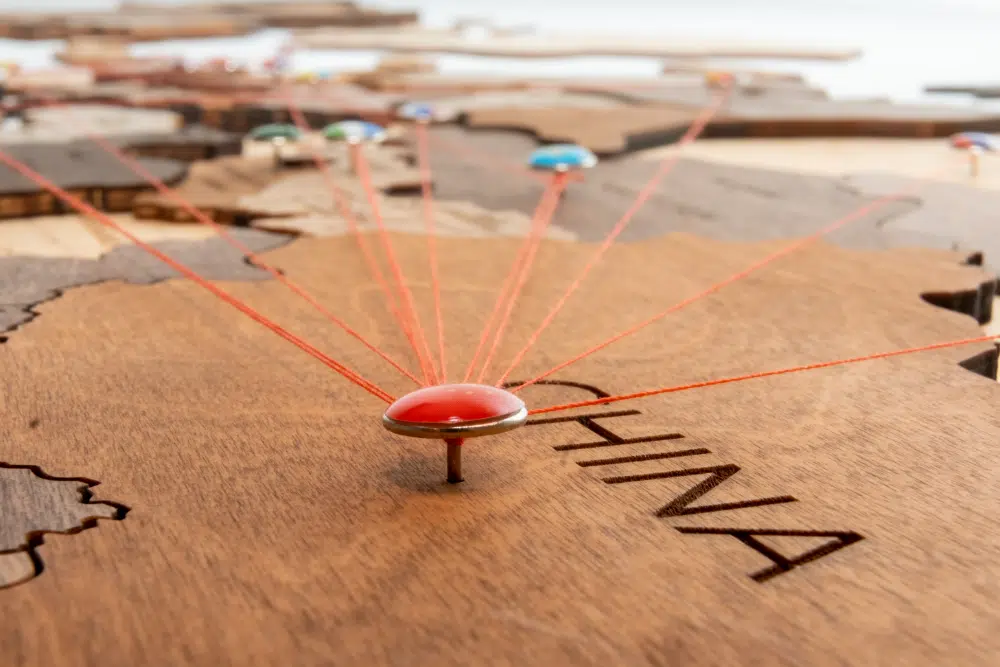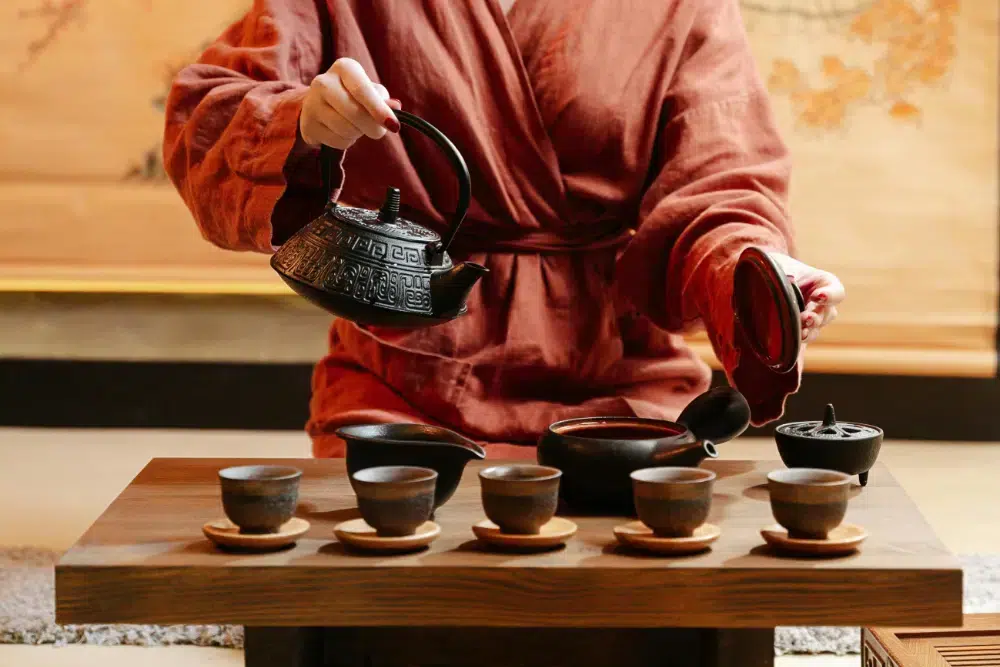The Art of Gift-Giving in Chinese Business Culture: A Guide for Professionals

Gift-giving in Chinese business culture is more than a simple exchange of items; it is a nuanced and symbolic practice deeply rooted in tradition, respect, and relationship-building. Understanding the art of gift-giving is essential for professionals engaging with Chinese counterparts, as it can strengthen business relationships and create a foundation of trust.
This article explores the historical significance, cultural etiquette, and business implications of gift-giving in China, offering practical advice for navigating this important aspect of Chinese business culture.
The Historical and Cultural Context of Gift-Giving in China
The tradition of gift-giving in China dates back thousands of years, closely tied to Confucian values emphasizing respect, harmony, and reciprocity. In ancient times, gifts were exchanged as a gesture of goodwill, an offering to the gods, or a means to maintain social bonds.In Chinese culture, gifts often carry symbolic meanings that reflect the giver’s intentions and respect for the recipient. Certain colors, numbers, and types of items can convey good luck, prosperity, or respect, while others may unintentionally send negative messages.
Why Gift-Giving Matters in Business
In Chinese business culture, guanxi refers to the network of relationships that facilitates trust and mutual support. Giving a thoughtful gift demonstrates sincerity and respect, helping to build or strengthen these connections. A well-chosen gift is a meaningful way to express gratitude for a partnership, successful collaboration, or support. It shows that you value the relationship beyond financial transactions. Gift-giving can also set the tone for business negotiations, creating a favorable impression and fostering goodwill. A culturally appropriate gift can help break the ice and establish a foundation of mutual respect.
Etiquette and Guidelines for Gift-Giving in Chinese Business Culture
Timing plays an important role in gift-giving. Gifts are typically given at the beginning or end of a meeting, during holidays such as Chinese New Year, or to celebrate milestones like a business anniversary. It is important to avoid presenting a gift during the negotiation phase, as this might be perceived as an attempt to influence decisions.
The way a gift is presented is as important as the gift itself. Using both hands when giving or receiving a gift demonstrates respect. Wrapping the gift in red or gold paper is considered auspicious, while white and black should be avoided as they are associated with mourning.
Understanding cultural nuances is crucial when selecting a gift. Choose items that symbolize prosperity or good luck, such as tea, fine liquor, or high-quality stationery. Avoid items like clocks, which symbolize the end of life, or sharp objects, which suggest severing a relationship.
Hierarchy is important in Chinese business culture. Ensure that the most senior person receives the gift first, followed by others in descending order of rank. Gift-giving in business should also be subtle and tasteful, avoiding overly extravagant gifts that might be seen as inappropriate or even as bribery in some contexts.
Popular Gifts in Chinese Business Culture
Premium Chinese tea or a beautifully crafted tea set is a timeless gift that reflects cultural appreciation.Offering a specialty product from your home country demonstrates thoughtfulness and introduces the recipient to your culture.Luxury pens or elegant notebooks are practical yet sophisticated gifts suitable for professionals.Seasonal fruits or gourmet food baskets are well-received, particularly during holidays.Premium wines, whiskies, or Chinese baijiu are popular gifts, especially for celebratory occasions.
Understanding Regional and Generational Differences
China is a vast country with diverse cultural practices, and gift preferences can vary by region. In northern China, practical gifts like high-quality food items may be preferred, while in southern China, luxury items or gifts with aesthetic appeal are more common. Generational differences can also influence gift expectations. While older generations may value tradition and symbolism, younger professionals might appreciate modern or tech-savvy items.
The Role of Holidays and Special Occasions
Chinese New Year is the most important holiday for gift-giving. Red envelopes containing money (hongbao) are customary, but thoughtful gifts like festive food baskets are also appropriate.Mooncakes are a traditional gift during the Mid-Autumn Festival, symbolizing reunion and harmony.Gifts that commemorate a successful collaboration or milestone, such as custom plaques or personalized items, are highly appreciated during business anniversaries and similar events.
Pitfalls to Avoid in Gift-Giving
Certain gifts, like clocks, umbrellas, and handkerchiefs, carry negative connotations and should be avoided.Taking the time to understand the recipient’s preferences, dietary restrictions, or interests can make your gift more meaningful. Failing to bring a gift in a culture where it is expected may be interpreted as a lack of respect or effort.
The Impact of Modern Trends on Gift-Giving
As China embraces digital transformation, virtual gifts and online red envelopes have become popular, especially among younger generations. Eco-friendly and sustainable gifts, such as reusable items or locally sourced products, are increasingly appreciated. Customized gifts that reflect the recipient’s name, company logo, or specific achievements add a personal touch and leave a lasting impression.
Practical Tips for Foreign Professionals
Doing your homework and researching the recipient’s preferences and the cultural significance of your gift is essential.Consulting a trusted local colleague or friend for guidance on appropriate gifts can help avoid missteps.Planning ahead to ensure that your gift is professionally wrapped and ready for the occasion reflects thoughtfulness and professionalism.
Gift-giving in Chinese business culture is an art that goes beyond material exchange. It is a powerful tool for building trust, showing respect, and fostering long-term relationships. By understanding the cultural nuances, selecting thoughtful gifts, and adhering to proper etiquette, professionals can navigate this tradition successfully and create meaningful connections in their business dealings.
In the ever-evolving world of international commerce, mastering the art of gift-giving in China is not just a gesture of goodwill but a strategic approach to forging lasting partnerships.






